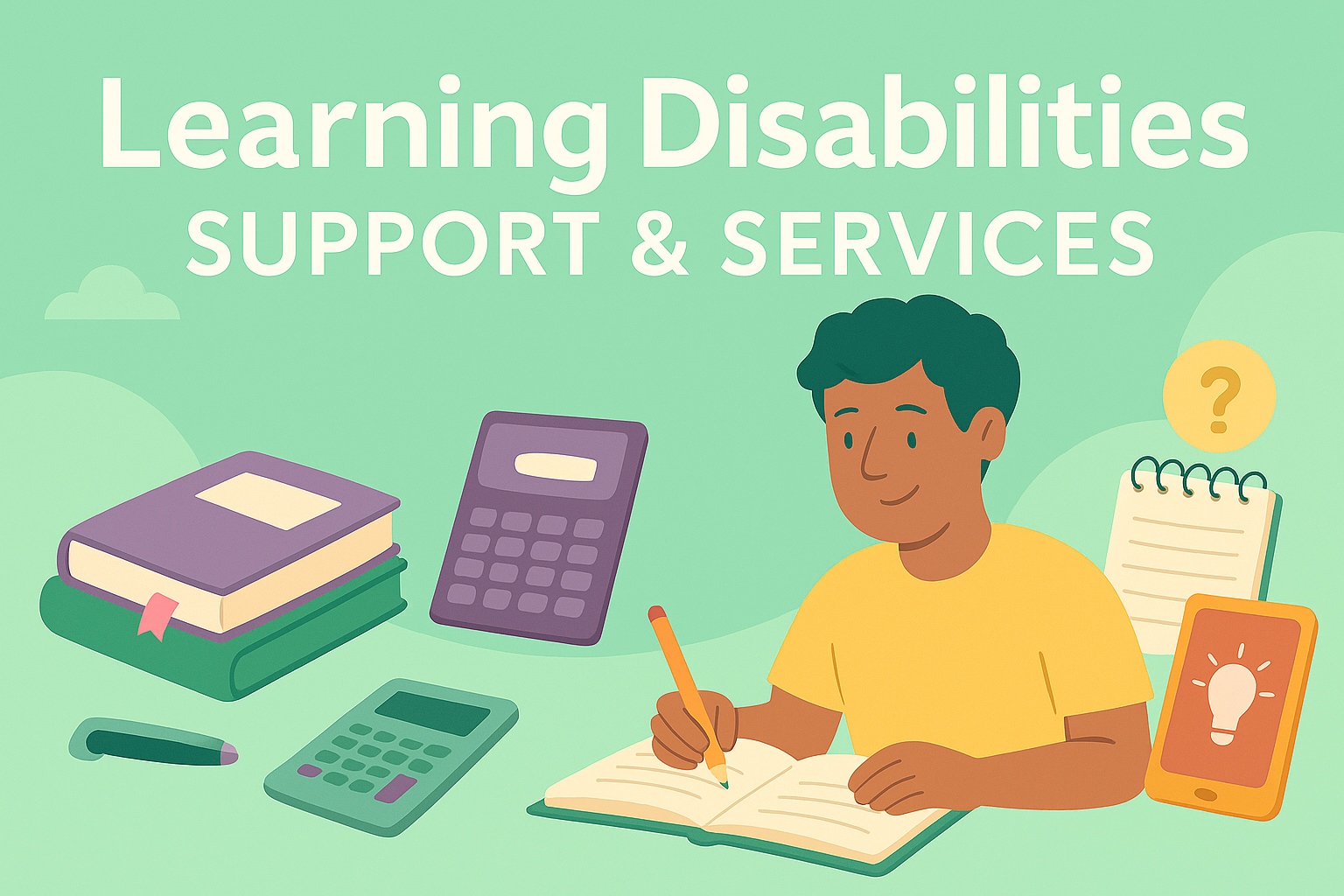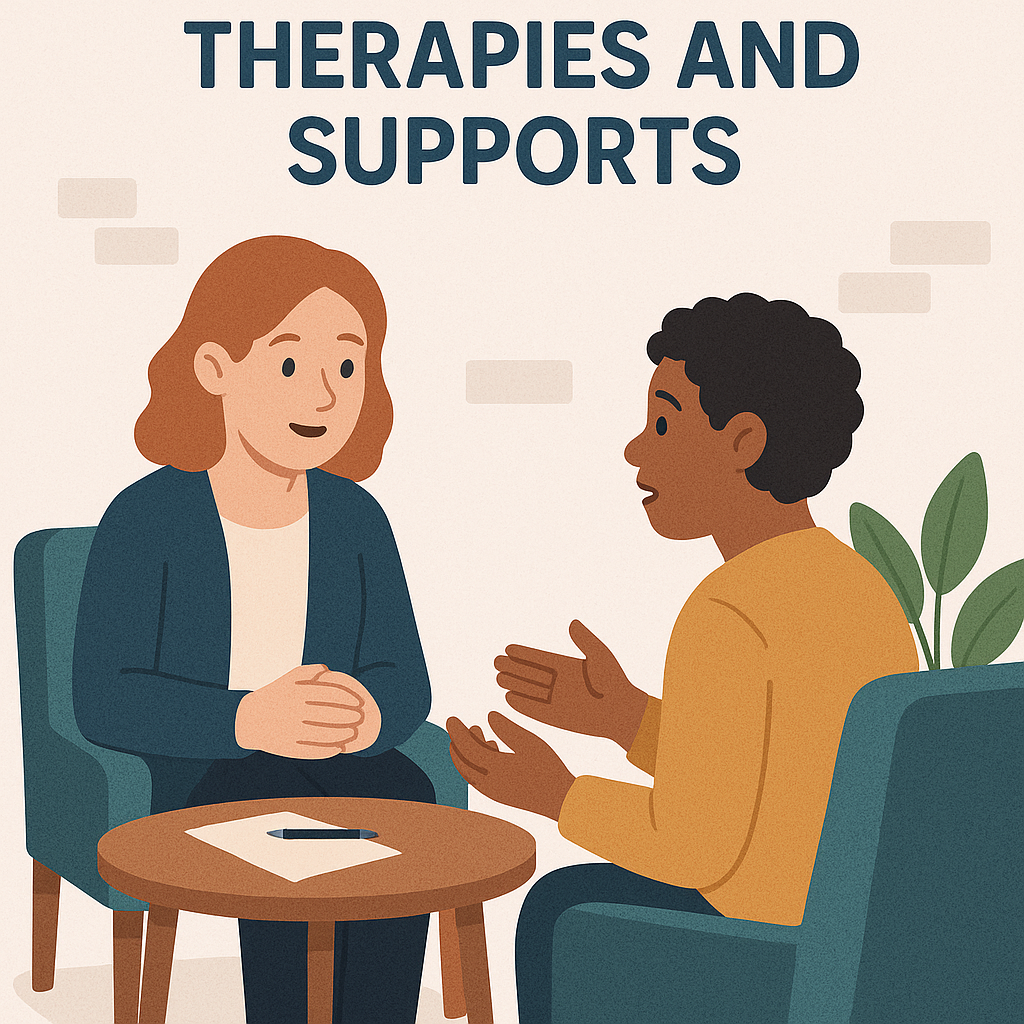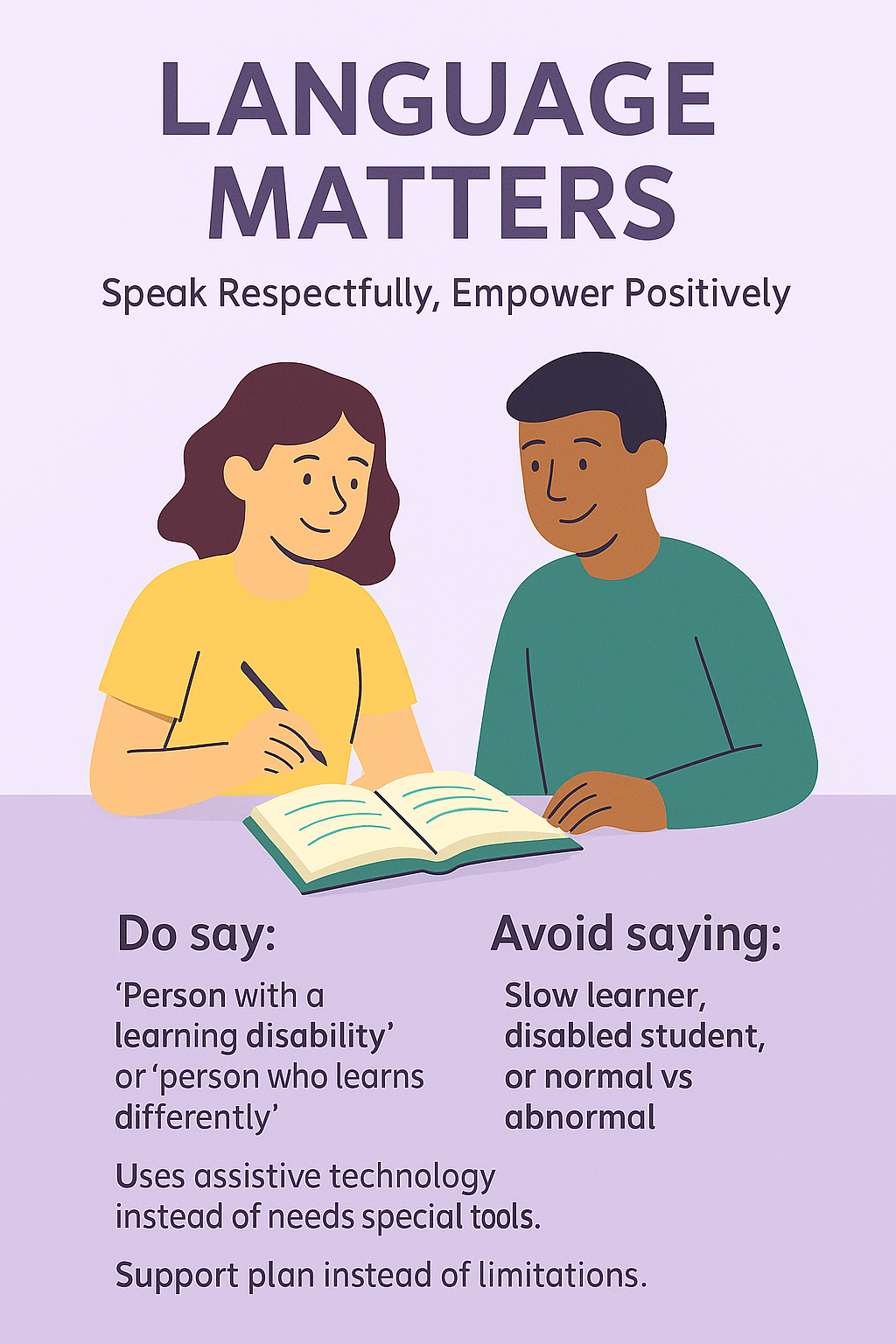
About Aspie Answers: Strengths-based strategies, tech tools, and advocacy so learners can succeed with dignity.
“Different ways of learning deserve different ways of teaching.” – Kerrin Maclean
What Is a Learning Disability?

Learning disabilities (LD) are lifelong differences in how people process information. Common types include dyslexia (reading/spelling), dyscalculia (maths), dysgraphia (writing), and dyspraxia/DCD (coordination & planning). These differences are real, valid, and compatible with success when supports are in place.
- Strengths exist alongside challenges—visual thinking, creativity, problem solving.
- Access + tools remove barriers: text-to-speech, dictation, structured templates.
- Respect preferences for how to read, write, plan, and show knowledge.
Awareness & Acceptance — Why It Matters

Awareness reduces stigma; acceptance turns understanding into action. Believe learners’ experiences, avoid stereotypes, and offer options to show what they know.
- Don’t equate reading speed or handwriting with intelligence.
- Value alternative outputs (oral, visual, project-based).
- Normalise assistive tech, extra time, and quiet spaces.
Inclusion & Accessible Learning

Overview: Accessible learning removes barriers in materials, delivery, and assessment—before they exclude learners.
Practical inclusions- Readable formats: larger line spacing, clear headings, dyslexia-friendly fonts.
- Multi-format materials: audio + text + visuals; captions & transcripts.
- Predictable structure: outlines, checklists, examples, deadlines in writing.
- Keyboard-friendly docs; accessible PDFs; alt text for images.
Classroom & Study Supports

How it can work: Use written instructions, chunk tasks, and offer multiple ways to show learning. Build note-taking and planning supports into the routine.
- Scaffolded templates for essays, lab reports, maths working.
- Note-share (peer/teacher notes) + permission for audio recording.
- Dictation & text-to-speech for drafting and proofreading.
- Extra processing time and reduced copying/handwriting load.
Work & Inclusion

Why it matters: Inclusive workplaces unlock talent and reduce errors through clarity and tools.
- Clear written instructions + examples; avoid dense PDFs when possible.
- Task chunking, checklists, and visual SOPs.
- Assistive tech: dictation, screen readers, grammar support, mind-mapping.
- Meeting access: agendas in advance; action items in writing; captions.
 Work tip: Provide draft-friendly time and proofreading tools before final submission.
Work tip: Provide draft-friendly time and proofreading tools before final submission.Therapies & Supports

Overview: Helpful options include educational therapy, specialist tutoring, OT (for dyspraxia/DCD), and coaching for planning and study skills. Choose practitioners who prioritise strengths, reduce shame, and teach concrete strategies.
Language Matters

The words we choose shape perception. Respectful language empowers, uplifts, and reduces stigma.
| Instead of Saying | Try Saying | Why It Matters |
|---|---|---|
| “Suffers from a learning disability” | “Has a learning disability” | Focuses on the person, not the difficulty. |
| “Special needs” | “Access needs” or “Learning support needs” | Promotes equality and inclusion. |
| “Slow learner” | “Learns differently” | Acknowledges variation, not limitation. |
Energy, Pacing & Self-Care

Study and work can be effortful with LD. Build rest into routines, schedule focus blocks with breaks, and plan recovery time after assessments.
What helps you reset in 5 minutes? Pick 2–3 options (breathing, stretch, brief walk, music) and keep the list visible.
“Small pauses protect big goals.”

Apps & Tools
NaturalReader, Speechify, Read Aloud.
Google Docs Voice Typing, Apple Dictation.
Grammarly, Ginger, ProWritingAid.
XMind, MindMeister, Miro.
EquatIO, Photomath (steps), Mathway (checking).
Notion, Todoist, Google Calendar routines.
Rights & Assessments
Educational psychology/specialist reports inform supports.
IEP/504 or equivalent: accommodations & goals.
Extra time, reader/scribe, separate room, technology.
Reasonable adjustments: written tasks, assistive tech.
Disability/Accessibility services for course adjustments.
Know your rights; document needs & agreements.
Worldwide Organisations & Support

International Dyslexia Association (IDA), Understood.org
Dyslexia Foundation NZ; Australian Dyslexia Association
British Dyslexia Association; LD Online
Recommended Reads & Podcasts

Evidence-based supports and strategies.
Interviews with learners, parents, practitioners.
Inclusive strategies for schools and families.
Practical stories and tools for LD/ADHD.
Tips and research roundups for maths differences.
Great free guides on assistive tech in education.
Global Helplines
| Region | Helpline | Contact |
|---|---|---|
| New Zealand | IHC Helpline | 0800 442 442 |
| Australia | Carer Gateway | 1800 422 737 |
| UK | Mencap Helpline | 0808 808 1111 |
| USA | NCLD Support Line | +1 888 575 7373 |
| Canada | LDA Helpline | +1 416 929 4311 |
| Global | Inclusion International | inclusion-international.org |
Reach Out
Thanks for Visiting — Stay Connected
Thank you for supporting inclusive learning. If these resources helped, consider following for new guides, printables, and gentle reminders to keep things accessible for everyone.
Need help or want to connect about learning supports? Reach out — we’d love to hear from you. You can also download our fillable contact form and email it back.
Download Fillable Contact Form (PDF)